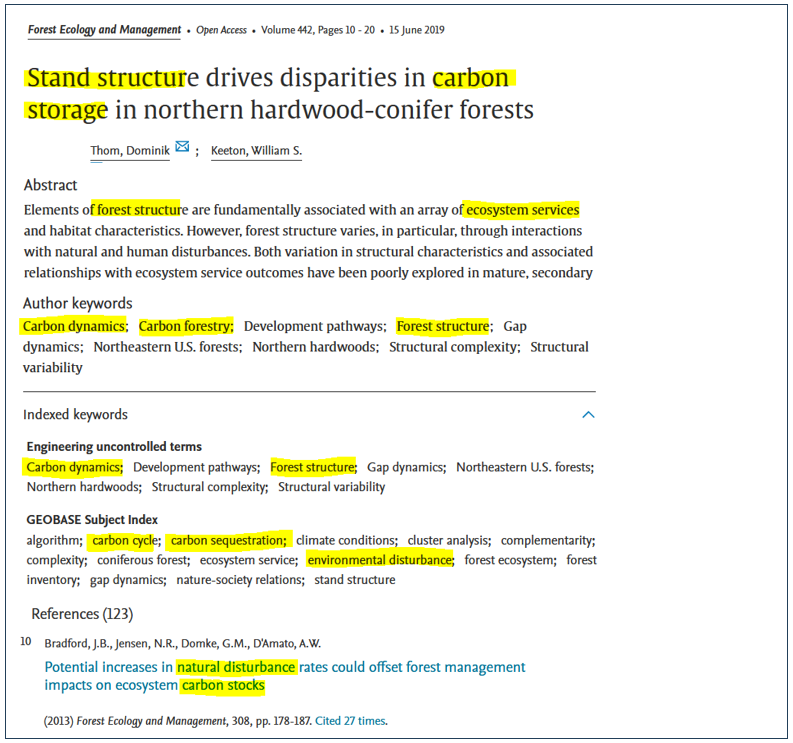Search terms
Search terms are the words you type into a search box when using a search tool.
A search term is any word that you use in searching information. It can be a natural language word or so called subject term found in a database.

When you search for information, these search terms or keywords are those that identify and describe the contents of items (articles, books etc.). In database keywords can be found e.g. from the title, abstract, author, text, etc.
How to figure out proper search terms?
The concept itself is the first, obvious search term, but usually it is not the only one.
Ways to discover corresponding search terms for the concepts:
- Can your term be spelt in different ways?
- Example: dynamical system – dynamic system
- Is there common abbreviations or acronyms?
- Example: FTIR = Fourier-transform infrared spectroscopy
- Expand your list by thinking of synonyms, related terms and phrases.
- Example: global warming – climate change.
- Think broader and narrower terms as well. Which word narrow down your topic? What is the broader context?
- Example: remote sensing – aerial photography
- Opposite term can sometimes be useful
- Example: strength – weakness
Have you already found some useful articles? Read the abstracts and browse the reference lists. Check also the keywords in the titles and the words at the subject or descriptor field.

Example of concepts and alternative keywords describing the concepts:
- heat: thermal
- treatment: processing, modification
- wood: wooden, timber, lumber
- surface: appearance, visual
- quality: properties, colour, roughness
- chemistry: chemical (composition/process)
- anatomy: structure
- methods: testing
Searching is an iterative process. There is not just one way to conduct a search. You may notice that the search terms you have initially chosen are not the best and you have to modify and re-run the search using different terms.
Subject terms (Subject headings) are special search terms
A subject term is a standardized word or phrase that describes a main idea in the article or in the book. Subject terms are saved to databases to bring out essential information about contents of publications and thus help user to quickly find relevant results. That is why they are very useful as search terms.
Standardization means that the term is concluded in a controlled vocabulary called thesaurus. Thesaurus is list of terms used for a certain concept.
Examples of thesauruses
In UEF-Primo database there are two main thesauruses used:
- YSO – General Finnish ontology, which is used for Finnish subject terms
- Library of Congress Subject headings, which is used for English subject terms
These are both general thesauruses covering all fields of science.
This is an example of a record in UEF Primo. See the specific fields for Subject terms.
Click here to view the accessible version of this interactive content
Even if you don’t especially use a thesaurus itself to select search terms, you can still observe the subject terms you see in databases (like the UEF Primo example above) and use them for further searching.
Not every disciplines/databases have controlled vocabulary or thesaurus. Some database use the author’s own keywords (the words that author used to describing the article). Especially very specific or a new subject do not have yet a Subject Term.
What if you cannot find a subject term(s) for your topic? – In that case, you just have to use natural language words.
Watch the video Subject headings vs keywords (1:55) by Wellington Medical and Health Sciences Library (the link in the picture takes to YouTube):

To Do:
- Find out alternative search terms for concepts
- Keep an eye on subject terms that are used in databases
Next page: Phrase searching